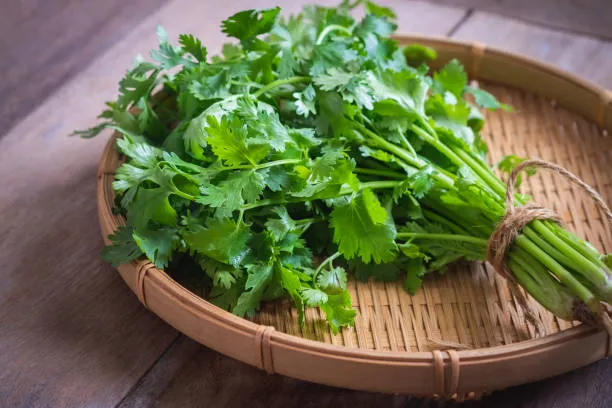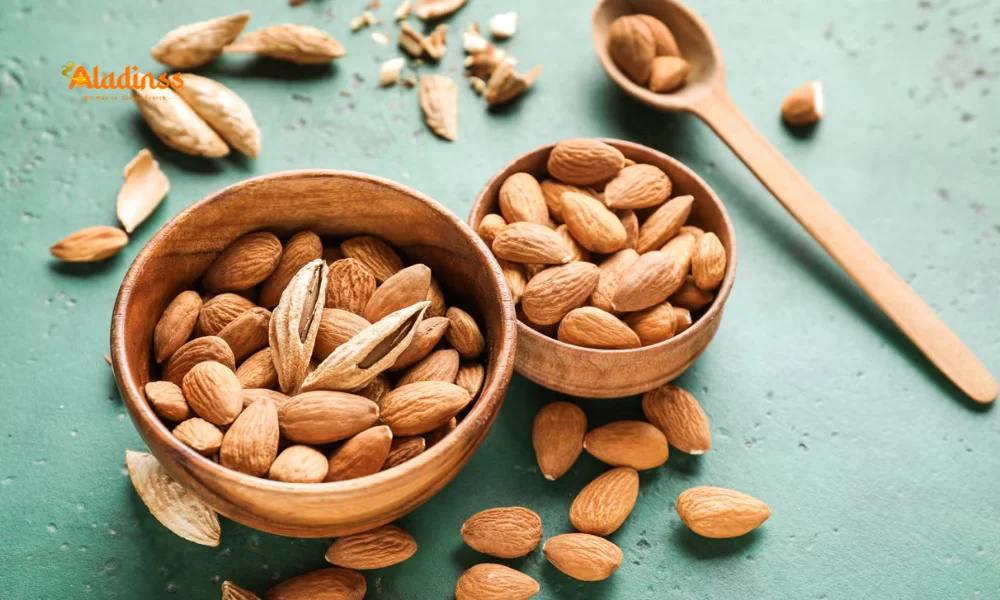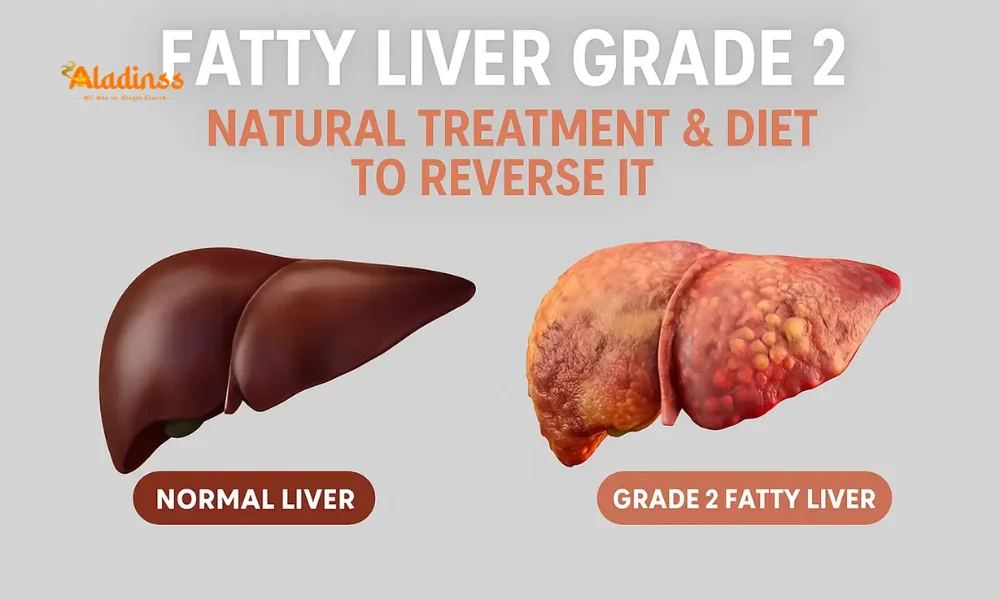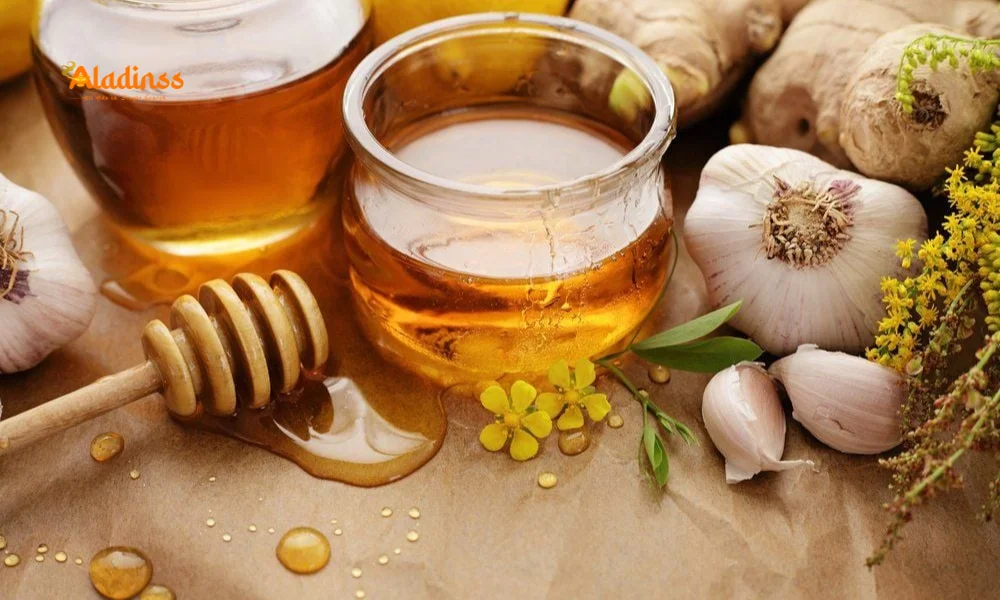Health Benefits of Coriander Leaves You Must Know

Coriander Leaves Have So Many Health Benefits — Don’t Throw Them Away!

Coriander leaves — also called cilantro — are a common, aromatic herb in Indian kitchens and around the world. They add bright flavor and fragrance to gravies, salads, chutneys, soups and raitas. But coriander is more than a garnish: it is packed with nutrients and bioactive compounds that support immunity, digestion, heart health and much more. This long read explains the science-backed health benefits, traditional uses, how to include coriander in your daily diet, and precautions.
Nutritional snapshot: what’s in coriander leaves?
Coriander leaves are low in calories but rich in vitamins and minerals. A typical serving provides vitamin C, vitamin A (as beta-carotene), vitamin K, folate, small amounts of calcium, potassium and magnesium, plus dietary fiber. Beyond vitamins and minerals, coriander contains flavonoids, polyphenols and essential oils (including linalool and borneol) that deliver antioxidant and anti-inflammatory effects.
1. Anti-inflammatory benefits: calm internal inflammation
Chronic inflammation underlies many modern diseases — from heart disease and diabetes to neurodegeneration and some cancers. Compounds in coriander leaves reduce inflammatory markers in the body, helping lower the long-term risk of inflammation-driven conditions. Regular consumption of coriander, as part of a balanced diet, supports a lower inflammatory profile.
2. Powerful antioxidants: protect cells from damage
Coriander is rich in antioxidants such as vitamin C and phenolic compounds. Antioxidants neutralize free radicals — unstable molecules that damage cells and speed up aging. A 2023 study also highlighted coriander’s biological activity suggesting anti-obesity, metabolic and anti-diabetic potential, driven in part by its antioxidant content.
3. Helps control high blood sugar
Research and traditional use indicate coriander can help moderate blood sugar levels. Plant compounds in coriander may improve insulin sensitivity and reduce post-meal glucose spikes — helpful for people with prediabetes or type 2 diabetes when combined with medical care and lifestyle changes. Coriander’s role is complementary, not a replacement for prescribed diabetes treatment.
4. Supports digestion and gut health
Coriander has long been used as a digestive aid. Its volatile oils stimulate digestive secretions, relieve gas and bloating, and may soothe mild stomach discomfort. The herb also has mild antimicrobial activity that can help maintain a healthy gut balance when used as part of a wholesome diet.
5. Traditional and ancient medicinal uses
Coriander has been used for thousands of years. Archaeological evidence places coriander in ancient diets and tombs — it was even found in King Tutankhamun’s burial. Traditional systems such as Ayurveda and Chinese medicine include coriander for digestive issues, fever reduction and mood support. Modern research is rediscovering many of these benefits through scientific study.
6. May reduce anxiety and support mood
Some studies suggest coriander extracts have anxiolytic (anxiety-reducing) effects in animal models and small human trials. The calming aroma and bioactive compounds may modulate neurotransmitter systems linked to stress and anxiety, making coriander useful as a dietary addition for overall mental well-being.
7. Heart health and cholesterol
Coriander’s antioxidant and anti-inflammatory actions can indirectly support cardiovascular health. Preliminary studies show potential for modest improvements in lipid profiles (lower triglycerides and LDL cholesterol) when coriander is included as part of a heart-healthy diet.
How to include coriander leaves in your daily diet
Coriander is versatile and easy to add:
- Toss fresh leaves into salads, raitas and green chutneys.
- Stir in chopped coriander at the end of cooking to preserve nutrients and aroma.
- Blend into smoothies or breakfast bowls for a vitamin boost.
- Use coriander stalks in stocks and soups — they add flavor and are edible when cooked.
Precautions and tips
Coriander is safe for most people when used as food. A few notes of caution:
- Allergy: a small number of people are allergic to coriander or related plants — stop use if you develop rash or breathing difficulty.
- Medication interactions: if you take blood-thinning drugs or certain medications, check with your doctor before using large amounts of coriander as a supplement.
- Fresh is best: use fresh leaves for maximum nutrients and flavor; dried coriander has less potency.
The bottom line
Coriander leaves are a simple, inexpensive herb loaded with health benefits — from anti-inflammatory and antioxidant effects to blood sugar support, digestive aid and mood benefits. Including fresh coriander in everyday meals is an easy way to boost nutrition and flavor. Don’t toss those leaves: chop them up, blend them into sauces, or sprinkle them over your plate and enjoy the many ways coriander can support your health.
Comment / Reply From
No comments yet. Be the first to comment!






